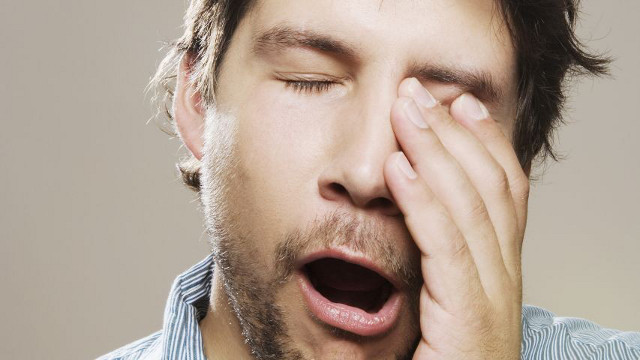SUMMARY
This is AI generated summarization, which may have errors. For context, always refer to the full article.

To see original image, visit www.mondofeed.com
MANILA, Philippines – Lack of sleep does more than give you eyebags. New research has found that getting less than the recommended 7 to 9 hours of sleep may affect even your genes.
A study published in Proceedings of the National Academy of Sciences of the United States of America revealed that one week of not getting enough sleep “alters gene expression in human blood cells,” changing the activity of over 700 different genes.
The affected genes control bodily functions like circadian rhythm or our internal clock, inflammation, stress response and metabolism. Genes that usually change throughout the day to adjust to the body’s activities stop responding to night and day.
According to MensFitness.com, this is the first explanation given to molecular damage caused by sleep deprivation. Previous studies have linked insufficient sleep to health problems like obesity, mental impairment, cardiovascular disease and diabetes.
Sleep deprivation affects more than just late-night prowlers and insomniacs. According to US-based Centers for Disease Control and Prevention, almost 30% of adults sleep less than 6 hours a night.
If you’re having trouble sleeping at night, it may be because of these 5 late-night habits preventing you from getting a good shut-eye.
1. Taking phone calls
Answering your phone in the middle of the night or before you sleep can lead to headaches and stimulated brain activity that can prevent you from falling into a deep, energizing sleep. This is partly due to radiation from cellphones placed near you while you sleep, found a recent study.
2. Midnight snacks
Though tempting to indulge in, grabbing a bite in the middle of the night can disturb your body’s ability to go back to sleep. The energy intake that comes with eating can lead to poor quality of sleep. Sugary food can give you an energy jolt while salty food can make you thirsty.
3. Watching TV
Surfing the channels before hitting the hay is a favorite activity of people with trouble sleeping. But far from prepping your body into sleep mode, watching TV can steal from your precious sleeping hours. Watching TV is dangerous even when you set a time limit. Who has not promised “just one more show” only to find themselves on their 3rd romcom for the night?
4. Binge drinking
Drinking even small amounts of alcohol can lessen the amount of sleep you get at night. Depending on the drink, it can also lead to headaches and interrupted sleep.
5. Surfing the Web
Technology addiction has made surfing the Net before sleep a fact of life. Unfortunately, it bodes ill for your body’s ability to get a good night’s rest. The artificial light emitted by computers not only makes you alert but supresses melatonin, the hormone that makes you sleep. Finish all your Web surfing hours before you sleep and keep your gadgets away or in silent mode. –With reports from Pia Ranada/Rappler.com
Add a comment
How does this make you feel?
There are no comments yet. Add your comment to start the conversation.